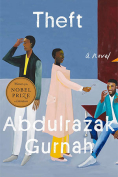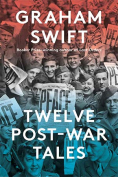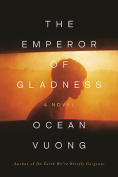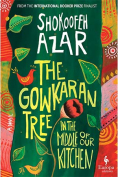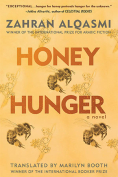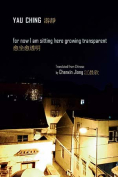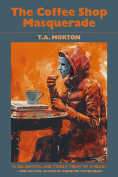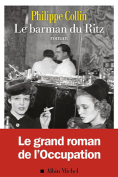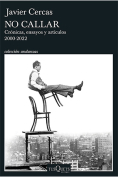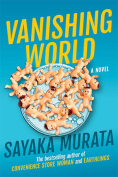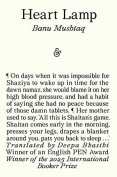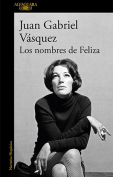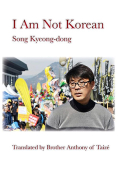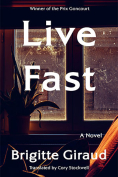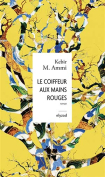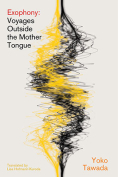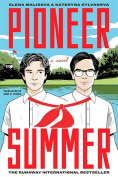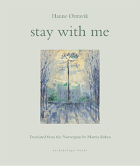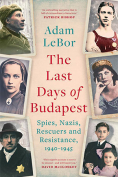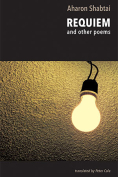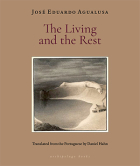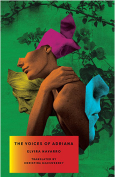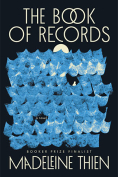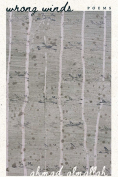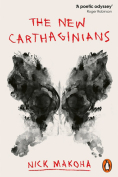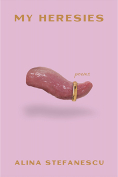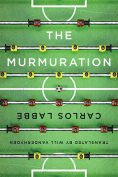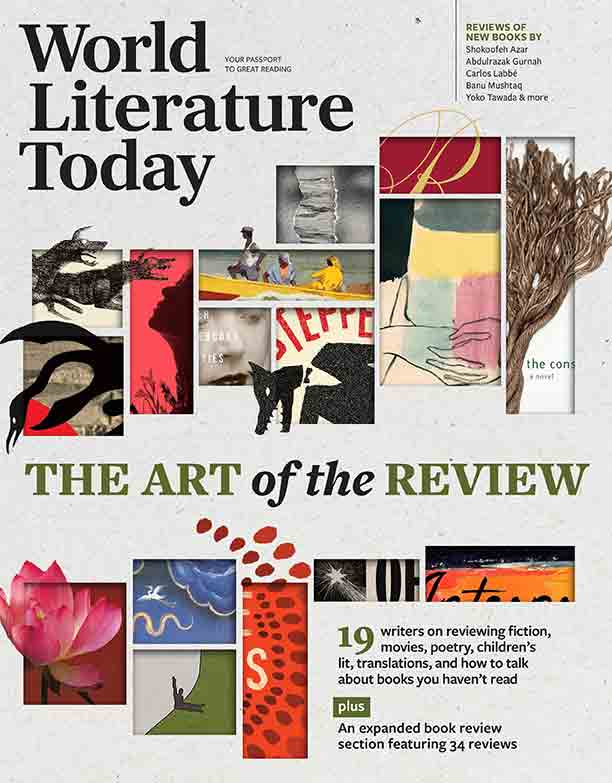The Coffee Shop Masquerade by T. A. Morton
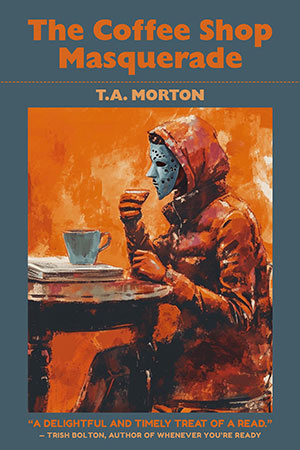
Hong Kong. Earnshaw. 2025. 212 pages.
Drawing inspiration from the same bustling coffee shop in Soho, Hong Kong, that fueled her 2016 short-story collection Halfway up a Hill, T. A. Morton’s latest novel, The Coffee Shop Masquerade, unspools the entwined lives of diverse people set in and around the coffee shop observed by a mysterious mask.
To fulfill his promise to his grandmother, who says it is providence to send the mask back to its true home, Mario brings it to Hong Kong, where he fatefully encounters a man named Monkey and leaves the mask in the coffee shop. Placed on the shelf behind the counter, the spirit-haunted mask snoops on all who enter and exit the shop. It mischievously plays pranks on people and eavesdrops on their daily encounters, revealing that everyone in their everyday life wears an invisible mask.
Chris, craving a sincere love relationship “in a jungle of easy sex,” invents seedy adventures for his crew but decides to pretend no more after his botched date with a young Filipino woman caused by a mutual misunderstanding of the word “sincere.” Lucy masquerades through life as a fearsome, crazy villain, but her past remains shrouded in mystery as she brushes away her memories like rinsing away germs on the walls. Jasmine, the shy and resigned local barista of the café, has always been self-effacing; however, other people’s compliments and the mask’s whisper help her reclaim confidence.
The elderly tourist couple, Charlotte and William, visit and stay in Hong Kong with their nephew, Andrew, for four days. William’s harsh remark on marriage the night before stirs up Charlotte’s brawl with him in the shop, provoking painful memories. She finally conceals her feelings and reconciles with William, observing that “it’s easier to wear a mask sometimes than to fight against the truth.” Rob’s rescue of a man quivering on the floor triggers memories of his son who died in an earthquake, which is masked by his cheerful daily demeanor of showing kindness and being impervious to other people’s stares and judgments.
In the coffee shop, the diverse cast finally gathers by chance and strikes up conversations about their lives in Hong Kong. With “insignificant words and thoughts” masking their “emptiness and homesickness,” these foreigners in a strange land enjoy their momentary camaraderie. However, as they relax in the clinking of cups and hum of conversations, they gradually tear off their layers, starting to voice their pressing feelings without fear of judgment.
Quotes from the Tao Te Ching serve as chapter epigraphs, giving a motif to each character’s story, and Morton intertwines characters’ personal stories with those of others, creating a tapestry of interconnected lives that represent the everyday life of common people in seeking self-actualization and yearning for connection.
By setting the novel in a coffee shop halfway up the hill, which she considers “truly inspiring,” Morton weaves a narrative in which the characters’ inner struggles beneath external façades are vividly unfolded, mirroring the day-to-day circumstances of ordinary individuals in the contemporary metropolis. Morton’s adept portrayal of daily encounters validates her as a “sharp social observer.”
Ni Yujie
Nanjing Normal University

